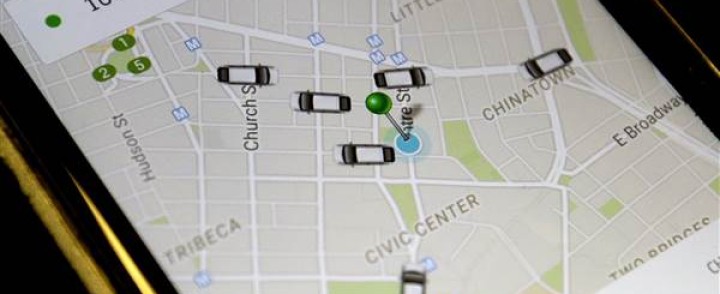In Movement Uber gives some access to its traffic data
Just when Uber is in a wrangle with New York City about giving the city more of its traffic data, Uber is opening up in an area where it might make sense competitively for it to stay more closed off: The ride-hailing company’s new Movement website will offer up access to its data around traffic flow in many areas where it operates. The approach is intended for use by city planners and researchers looking into ways to improve urban mobility.
The basic idea is that Uber has a lot of insight into how traffic works within a city, and it can anonymize this data so that it isn’t tied to specific individuals in most cases. So where that’s possible, Uber is going to begin sharing said data, first to specific organizations who apply for early access, and then eventually to the general public. Yet when a government official with a recognizable governmental email-address was recently trying to log in to Movement, he was denied access for unclear reasons.
Uber says it was looking at all the data it gathered and began to realize that it could be used for public benefit, and assembled a product team to make this happen. The result of this effort was Movement, which aims to address problems city officials and urban planners encounter when they’re forced to make key, transformational infrastructure decisions without access to all of, or the proper information about actual conditions and causes.
Users of the website can adjust things like time of day, day of week and zones to call up Uber’s data for that specific point or range, and can download the data, both with existing time series charts and in raw format for inputting into their own models. Uber says it’s looking at also releasing access to the data as an API, but it told Recode it is “trying to figure out how to do it in a performant way” at this stage.
Uber is only releasing these data publicly which can be successfully aggregated and anonymized. For parts of a city where it determines there isn’t enough data to properly protect driver and passenger identities, it simply won’t return results for queries, Uber says. Uber adds it wants to do some good in the cities where it operates, for one, but it also stands to benefit from infrastructure improvements in cities.
- Uber’s Movement should help city planning departments (a bit).



